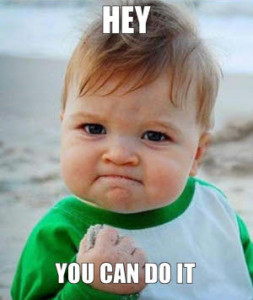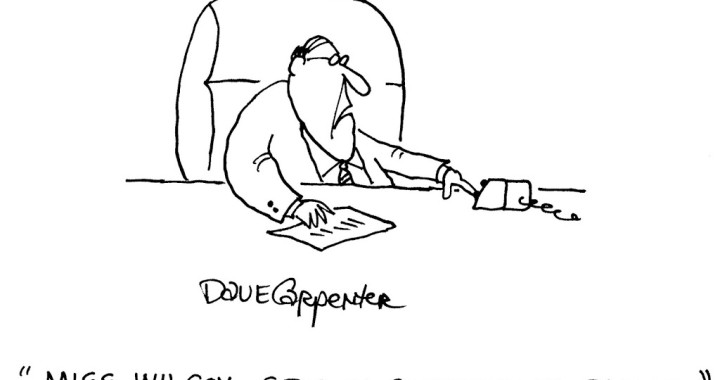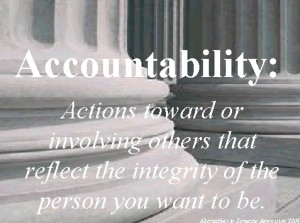Work life balance
I have just finished reading an article in the latest Journal of the
Australian Association of Social Work. The article addresses that enigma that we all struggle to solve eventually in life,
‘how do I find a work life balance’? The article shows the results of a survey of 439 qualified social workers who had been asked questions around balancing work and family and the stress associated with this.
The results of this survey basically show that the pressures of work impact negatively on family life and create psychological strain on the individual and the family. Conversely, when the pressures of family life impact on work they create more psychological stress on the individual and decrease work effectiveness. It is a cycle that so many of us have fallen into; work pressures lead to pressure at home which leads to pressure at work which leads to pressures at home. Things start spiraling out of control and then some well meaning friend or colleague or our boss says something along the lines of “dude you need to get some work life balance!”

Unless it is an illness, new birth, death or an issue of other family members spiraling out of control rarely have the team at
Ultimate Youth Worker seen the impact of family pressures on work. In fact we would be so bold as to say it is never that we spend so much time at home that our work is suffering!!! It is almost always that work is taking up the family time.
As a full-time youth worker doing 40+ hours a week, a Masters student out two nights a week for classes and studying most of the weekend, a member of the student union doing one night time activity per week and starting a new company; my wife pulled me up on my lack of family time at the beginning of the year. I was seeing my kids for a couple of hours a week aside from the crossing of our paths as we got ready for the day ahead. My wife would be asleep on the couch most nights by the time I got home and we rarely had any “us time”. I prioritised WORK over FAMILY. No work life balance there.
When I was called to
account by my wife
(Yes, even those of us striving to become ultimate youth workers argue with our wives at decibel levels that would shame any self respecting metal band) I was shocked. I hadn’t realised. My kids had an absent father and my wife was living like a single mum. I was unsure of what to do. Everything I was doing was important, wasn’t it? Important to the future of our family. If I worked longer hours I would support more vulnerable young people earning me a positive reputation in the field. If I gained my Masters it would open up doors for promotion and show that I had amazing knowledge. By supporting the student union I was supporting educational standards and building networks for the future. Everything I was doing was for a time just out of reach but right in my line of sight.
If I worked harder now my life would be glorious in the future. The problem is the future never becomes the present. There is always another obstacle in the way of ultimate success. I had invested in my
identity as a youth worker and pinned my hopes and dreams on a professional future whilst neglecting the present.
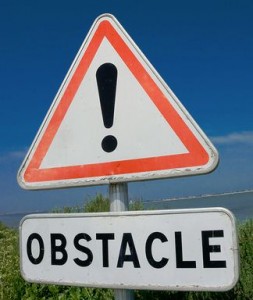
Work was going great but family was a mess. I spoke to some trusted friends and confidants and they all said I needed to drop some of my work priorities to balance my family priorities. I deferred my Masters for six months and sat back to see balance take hold. Unfortunately, I tipped further away from family. I got caught up in more committees through work, the student union and even went on a recruitment binge for more volunteers for my program at the behest of my boss. My work life balance was quite unbalanced.
You see, work expands so as to fill the time available for its completion, or so says
Parkinson.
I had removed a work priority but I had not made family a priority, so work expanded to fill ‘the gap’.
What I began to realise was that I was looking at this all wrong. It’s not my fault!!! Someone gave me an equation that had incompatible data. They said:
Equal Time (with Family) + Equal Time (for work) = Balance in life
The problem is
there is no balance!!! The data sets are totally incompatible. I might as well have said, buying a telescope + reading a book on hang gliding = qualified zoo keeper!!! Work and Family are two totally different concepts. They cannot be placed in a zero sum equation of balance. Balance assumes that they have equal weighting. As youth workers we strive to support our clients (placing weight on our work) and all to often it is at the detriment of our family (removing prioritised time). We all say family is important, but our actions show our families something different. In the article the authors recount that some social workers stated,
“when confronted with demands from work and home, their work commitments was given priority over family commitments” (pg 367).
Why do we do this??? Is it because we believe our family will understand the plight of the young people and will forgive us for missing time with them. If I had a dollar for every youth workers kid (including my own) I met that stated their parent was never around I could retire today.
But if there is no balance, I hear you say, then what do I do???
When you realise that the two concepts of family and work can never balance you can then prioritise action. Choose to put your family first. If you are married I know your vows didn’t say that you take ‘work’ for better or worse. Got kids??? I’m sure they miss your love and affection (I believe it builds good attachment, I think I read somewhere that that’s important???). Want to see them next Christmas??? Then make them your number one priority.
Work will always expand then to fit the remaining time available for it.
But what about my boss??? I can’t just stop going into work?? I need my paycheck? But I’m in ministry and I was called to do this? All valid thoughts!!! Whats your priority though??? I’m not saying quit your job!!! But, your paid for 38 hours… so do 38 hours. You have some high risk kids… put plans in place so you can switch your phone off on the weekend. Have you ever gone away on holiday??? Did the world end while you were gone??? Of course not!!! You put measures in place so that things worked without you. Be more effective in your work time so that it doesn’t spill over into family time.
If your family is your first priority then schedule your time with them. If you are down to finish at 5pm, schedule your arrival at home (If you are really gutsy you could even promise to be home at that time). Honour your commitment to your family. Schedule holidays and weekends away and kids soccer games and date nights with your partner. Then when you have prioritised your family life let work fill work time. I used to do a weekly calendar that began by blocking out Monday to Friday 9-5. I would fill it with Uni and meetings and all manner of other rubbish and my wife would ask when I would be around for the family!!!
Backward!!!
If family is your number one priority they get first dibs at your calendar.
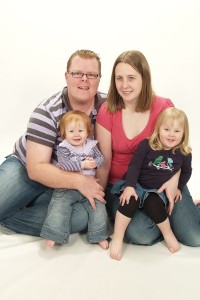 FULL DISCLOSURE:
FULL DISCLOSURE: I haven’t been doing this long. I had always thought
self care was all about me. If someone took your job away you would be sad, disappointed even angry. I Know, I have been fired from work that I loved without any notice. But, if someone took your family away you would become a wreck. A blubbering mess. How many divorces in our field could have been avoided by a good hard look at our prioritise? My wife and I are still together. More to do with her amazing heart than my skills and planning. She knew this stuff intrinsically. Family comes first!
I am still learning. I was out four nights last week and didn’t get to see my kids awake between Sunday and Friday. But I spent Friday night, Saturday and Sunday making up for it.
Do not aim for a work life balance. It is a false economy and one that will lead to a crash… and it won’t be at work. Invest in your family first and then work hard at your job during work hours. There will always be demands on your time and you will always spend more waking hours at work than at home. But if you prioritise your family first they will get the lions share of your attention and you will reap the rewards of a happy and fulfilled life.
P.S. to my friends in youth ministry. You can be more susceptible to putting work first than most others. I know as a church based youth worker
in the early part of my career I was paid for 2 days a week and used to work in excess of 30 hours a week!!! That’s fine when you do not have a family. The excuse (
and I believe it is and excuse. If you don’t then email me and we can chat) that, “
I am in the ministry and that makes it OK to forsake my family for a time because I am just following God’s call on my life and they should support me in it” is preposterous. You married, had a family, they are your responsibility. They come before the ministry.
Reference
Parveen Kalliath, Mark Hughes & Peter Newcombe (2012): When Work and Family are in Conflict: Impact on Psychological Strain Experienced by Social Workers in Australia, Australian Social Work, 65:3, 355-371
What are your thoughts??? leave a comment or post a comment on facebook and twitter.
 FULL DISCLOSURE: I haven’t been doing this long. I had always thought self care was all about me. If someone took your job away you would be sad, disappointed even angry. I Know, I have been fired from work that I loved without any notice. But, if someone took your family away you would become a wreck. A blubbering mess. How many divorces in our field could have been avoided by a good hard look at our prioritise? My wife and I are still together. More to do with her amazing heart than my skills and planning. She knew this stuff intrinsically. Family comes first!
FULL DISCLOSURE: I haven’t been doing this long. I had always thought self care was all about me. If someone took your job away you would be sad, disappointed even angry. I Know, I have been fired from work that I loved without any notice. But, if someone took your family away you would become a wreck. A blubbering mess. How many divorces in our field could have been avoided by a good hard look at our prioritise? My wife and I are still together. More to do with her amazing heart than my skills and planning. She knew this stuff intrinsically. Family comes first!







